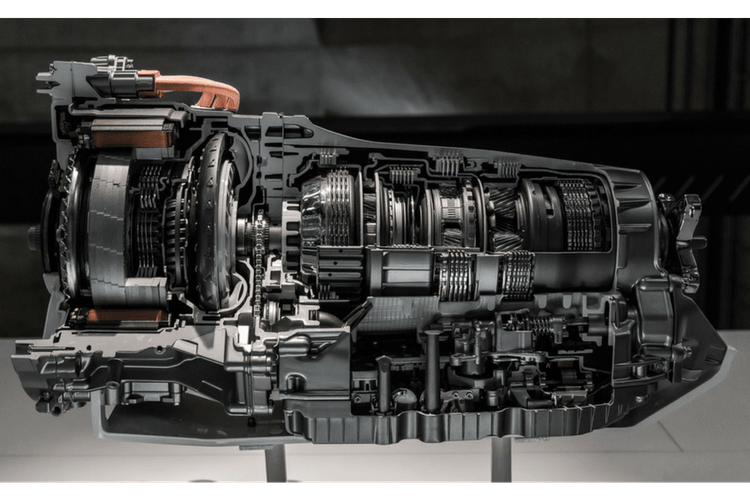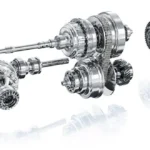
What Causes Delayed Shifting In An Automatic Transmission?
Introduction
Automatic transmissions have become the norm in modern vehicles, offering convenience and ease of use. However, like any mechanical system, they can experience issues over time. One common problem that drivers may encounter is delayed shifting. In this article, we will explore the causes of delayed shifting in an automatic transmission and discuss possible solutions.
1. Low Transmission Fluid
One of the most common causes of delayed shifting is low transmission fluid. The fluid plays a crucial role in lubricating and cooling the transmission components. When the fluid level is low, it can lead to inadequate hydraulic pressure, resulting in delayed shifting. Regularly checking and maintaining the proper fluid level is essential to prevent this issue.
2. Worn Clutch Plates
Another possible cause of delayed shifting is worn clutch plates. Over time, the clutch plates can wear out, causing them to slip or not engage properly. This can result in delayed or erratic shifting. If you notice a delay in shifting or a slipping sensation, it is advisable to have your transmission inspected by a qualified mechanic.
3. Faulty Shift Solenoids
Shift solenoids are electro-hydraulic valves that control the flow of transmission fluid. They play a crucial role in shifting gears smoothly and at the right time. If a shift solenoid becomes faulty or fails, it can cause delayed shifting or prevent the transmission from shifting altogether. A diagnostic scan can help identify any issues with the shift solenoids.
4. Transmission Control Module (TCM) Issues
The Transmission Control Module (TCM) is responsible for monitoring and controlling the transmission’s operation. If the TCM develops a fault or malfunctions, it can lead to delayed shifting. Issues with the TCM can be diagnosed using specialized diagnostic equipment, and repairs or reprogramming may be necessary.
5. Clogged Transmission Filter
A clogged transmission filter can restrict the flow of fluid, leading to delayed shifting. Over time, the filter can become clogged with debris, dirt, or metal shavings, hindering the smooth operation of the transmission. Regularly replacing the transmission filter as part of routine maintenance can help prevent this issue.
6. Mechanical Issues
In some cases, delayed shifting may be caused by mechanical problems within the transmission itself. This can include worn gears, damaged gear synchronizers, or a faulty torque converter. These issues typically require professional diagnosis and repair by a qualified technician.
7. Driving Habits
Lastly, driving habits can also contribute to delayed shifting. Abrupt acceleration, excessive towing or hauling, or consistently driving in stop-and-go traffic can put additional stress on the transmission. Over time, this can lead to wear and tear, resulting in delayed shifting. Practicing smooth and gentle driving habits can help prolong the lifespan of your transmission.
Conclusion
Delayed shifting in an automatic transmission can be a frustrating issue for drivers. However, by understanding the potential causes, you can take appropriate measures to prevent or address the problem. Regular maintenance, including checking fluid levels, replacing filters, and addressing any mechanical issues promptly, can help ensure smooth and reliable shifting in your automatic transmission.




